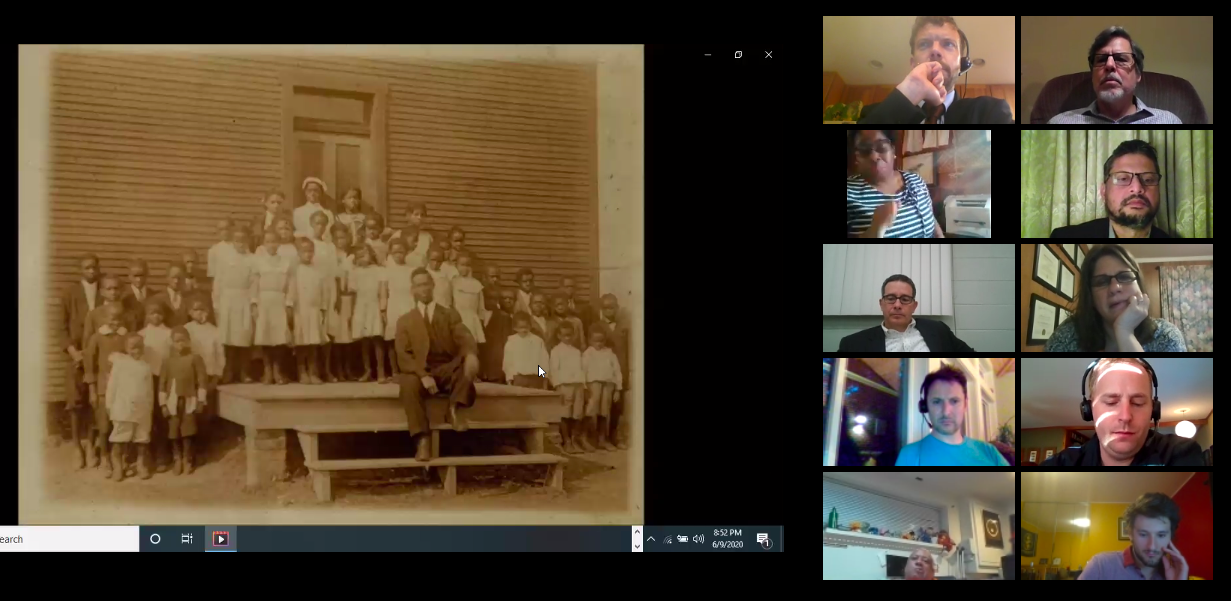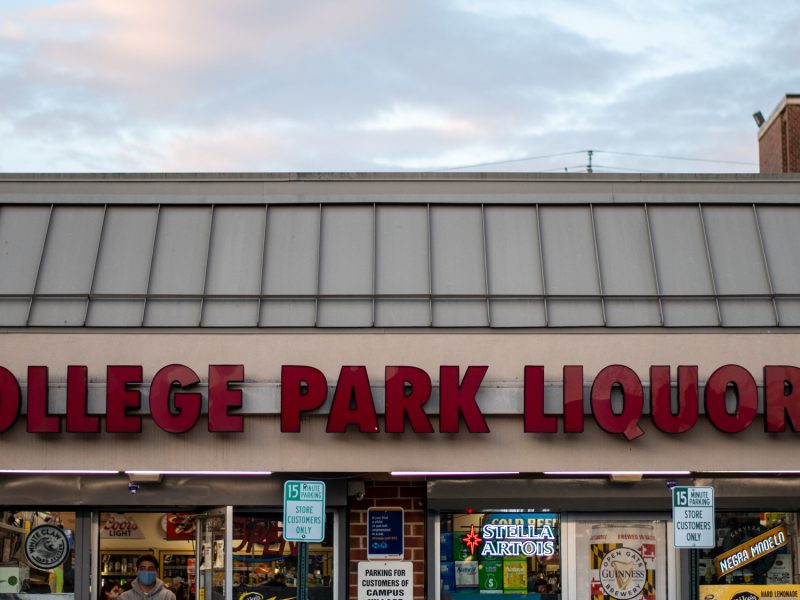The College Park City Council unanimously passed a resolution Tuesday night acknowledging the structural racism in the city — what it called the first step in achieving racial equity in College Park.
Since the killing of George Floyd, a black Minneapolis man who died in police custody on May 25, protests for racial justice have sprung up around the country, pressuring local, state and federal governments to reflect on and begin amending systems that are currently in place.
Two weeks after Floyd’s death, Tuesday’s resolution was presented as a “starting point” for the goal of creating a diverse community, where policy and programs ensure equal opportunity for all residents of College Park.
Maxine Gross, a resident of College Park, presented a video featuring old pictures of Lakeland, a historically black community in College Park. According to the Lakeland Community Heritage Project website, the city flourished in a segregated society but was negatively affected by urban programs and social change.
As photos ranging from cheerful groups to abandoned spaces went by, Gross’ voiceover requested the council approve the resolution and commit to enacting policies defending black lives and aiming to undo the effects of systematic racism in the city. She also asked that the city take full responsibility for the harm done to the Lakeland community and formally apologize to residents of Lakeland and its diaspora. The final photo showed a run down open space by Navahoe Street.
[College Park City Council discusses sustainable building for new apartment construction]
“For those who do not know about Lakeland, this is a taste of the community destroyed by the actions of the city of College Park,” Gross said.
District 3 Councilman John Rigg proposed an amendment to the resolution that would include a formal acknowledgment and apology for the history of oppression in the city — and particularly the Lakeland community.
Residents and council members agreed that acknowledging the history of discriminatory injustices and apologizing for damage done would mean nothing without action.
College Park resident Rashida Tyler stressed that she wanted to do anything she can to make certain her three children never have to protest for their basic civil rights again.
“I am appalled by the acts of police brutality happening across the world against black people,” Tyler said. ”I urge you to not just adopt this resolution but to make sure … you also show action to justify this.”
Ray Ranker, another city resident, echoed Tyler’s statement about the necessity of follow-up action. Ranker noted this would be the difficult part, but there are many options that could help promote equality.
[College Park Council discusses new plans for the tree trimming project near airport]
Drawing inspiration from a recent proposal by state Sen. Will Smith (D-Montgomery), District 4 Councilwoman Denise Mitchell offered some options for the first steps forward, including a racial diversity inclusion task force that would discuss the city’s strategic plan.
District 1 Councilman Fazlul Kabir agreed the resolution was just a combination of words on paper and needs to be followed with policies. But he felt it was the step in the right direction in opening a serious dialogue in College Park.
“I’m very happy that dialogue has started,” Kabir said.
Mayor Patrick Wojahn also wondered about the legacy of this moment, in which the country is once again facing the evident systemic discrimination against black people, this time amid a global pandemic. To move forward, people will need to think about what they do in their daily lives and the city will need to reflect on its own failures, he said.
To end the discussion, Wojahn read the entire resolution for the record before calling for a vote.
“It is further resolved that the mayor and council believe that black lives matter,” he finished.



